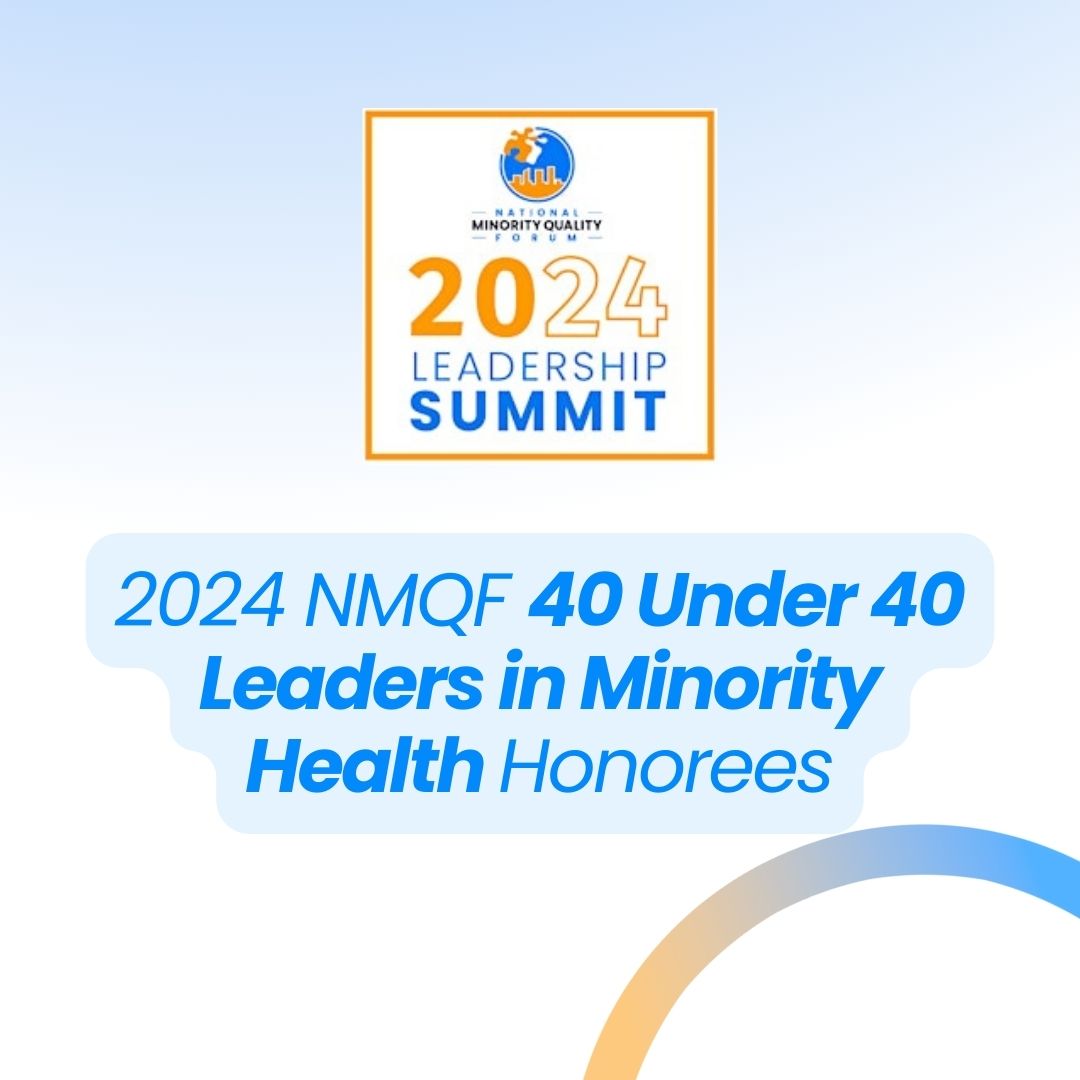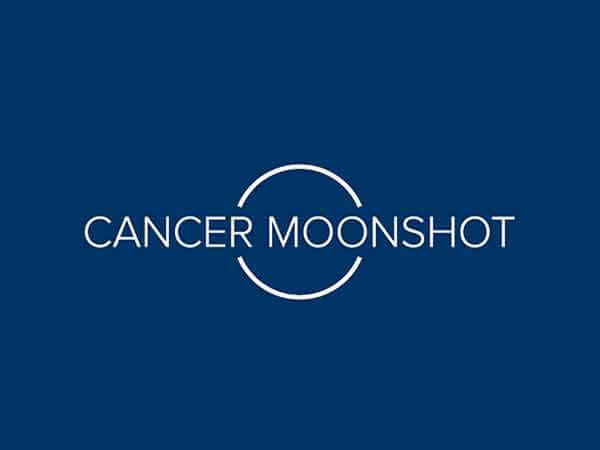
March 18, 2024
By Adjoa Kyerematen
National Minority Quality Forum Announces 2024 “40 Under 40 Leaders in Minority Health” Award Recipients
Read More

September 06, 2016 | WASHINGTON D.C.
Yearlong Focus Will Promote Cancer Equity through Research, Education, and Advocacy
Responding to the Cancer Moonshot call to action, the National Minority Quality Forum (NMQF), a research and educational organization dedicated to assuring highest-quality health care across all populations, will make available, at no cost, information that identifies racial and ethnic disparities in cancer prevalence to over 30,000 users, including patient-advocacy organizations, companies, government, and the medical community.
We will synthesize the data as an interactive heat map showing the prevalence and number of people diagnosed with cancer by age, gender, race, ethnicity, and geography. We are releasing the first map today, a national lung-cancer map (www.maplungcancer.com) illustrating the geographical features of lung cancer. The rationale is clear: Lung cancer is the second-most-commonly-diagnosed cancer and the leading cause of cancer-related deaths, with African Americans suffering significantly higher incidence and mortality rates and with marked regional variations.
By mapping cancer risk, NMQF can provide better information and context for preventative and clinical interventions. Following the launch date, NMQF will publish a new cancer map each month (at a total cost of $300,000) until all major cancers are covered. Further, NMQF commits to convene next year a National Equity Cancer Summit of physicians, organized medicine, cancer survivors, cancer-patient advocates, industry, public-health administrators, and elected officials to harmonize public and private efforts to address cancer disparities and improve research and clinical-trial recruitment and to accelerate diagnosis for vulnerable communities. The resulting report will highlight the best options for promoting cancer equity, contributing to the Cancer Moonshot goal of ending cancer as we know it.
In 2000, the NMQF began building a cancer-data warehouse, collecting statistics on cancer in the United States by zip code. The database contains information on more than ten million cancer patients. NMQF will publish findings drawn from the database on a data-visualization platform; the Cancer Index. The Index’s interactive maps will reveal the incidence and prevalence of specific cancers by age, gender, race, ethnicity, and geography at the zip-code level, as well as hospitalization rates, mortality, treatments, and costs.
The Cancer Index will democratize big data. Through color-coded maps and charts, it will create more understandable information for clinicians, policy makers, and patient advocates to act upon. For example, the mapped information will help planners identify at-risk populations for better targeting of scarce resources. Community-based organizations can develop programs to raise cancer awareness by mapping available resources, including locations for cancer screening, treatment, and prevention.
Gary Puckrein, PhD, the founder and chief executive officer of the NMQF, describes the Cancer Index as “a collaborative platform through which other organizations and data holders can join in a campaign to empower communities to use big-data analytics in the fight against cancer. These datasets can be used to answer research questions, to guide targeted preventative and clinical interventions, to inform policy-making and advocacy, and even to recruit patients for clinical trials who have been underrepresented.”
NMQF plans to offer continuous upgrades to the Cancer Index, offering a range of functionalities that will support the aim of the Cancer Moonshot. For example, sociodemographic filters will be integrated to help users identify demographic clusters that have higher or lower risk for certain cancers. It is envisioned that the variable geographic distribution of cancers identified by the Cancer Index, reflecting variable genetic and environmental factors, can guide more efficient recruitment of patients for research.
About Cancer Moonshot
During his 2016 State of the Union Address, President Obama called on Vice President Biden to lead a new, national Cancer Moonshot, focused on making a decade’s worth of progress in preventing, diagnosing, and treating cancer in five years—ultimately striving to end cancer as we know it. A Presidential Memorandum https://www.whitehouse.gov/the-press-office/2016/01/28/memorandum-white-house-cancer-moonshot-task-force on January 28, 2016 established the Cancer Moonshot Task Force.
After meeting with experts across the country and the world, Vice President Biden identified areas of focus for the Cancer Moonshot—based on barriers to progress and opportunities for improving patient outcomes—and announced a first wave of accomplishments at the Cancer Moonshot Summit on June 29, 2016 announced at Howard University in Washington, DC. On Monday, October 17, Vice President Biden is releasing the final report of the Cancer Moonshot Task Force, along with his own Executive Findings after traveling to many of the major neve centers in the cancer community. He will also unveil a new set of Federal actions, private sector actions, and collaborative partnerships to further advance the goals of the Cancer Moonshot Task Force.
About The Forum
The National Minority Quality Forum (NMQF) is a 501(c)(3) not-for-profit, non-partisan, independent research and education organization. The vision of NMQF is a health services research, delivery and financing system that provides quality and effective health services to the biodiverse American general population of the 21st century. NMQF helps assure that national and local quality improvement initiatives are informed by scientific evidence, and place a priority on the quality of care and patient outcomes in all populations.
Media Contact
Keturah Harley, NMQF
kharley@nmqf.org | 202.223.7560